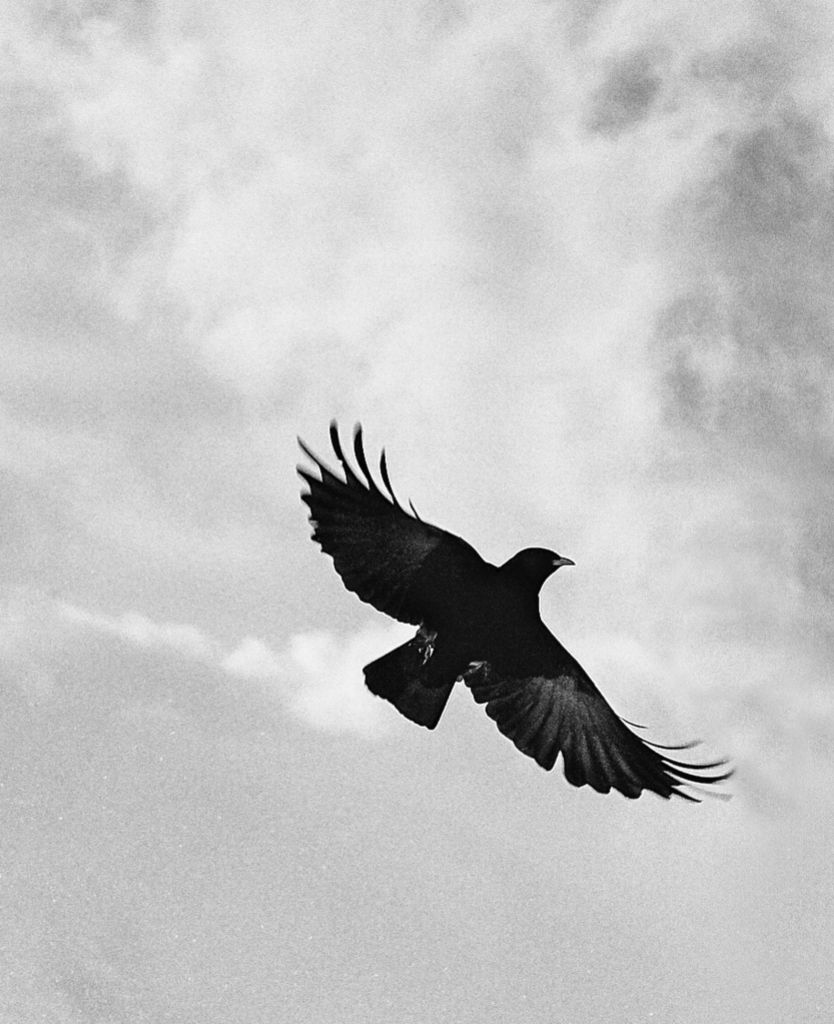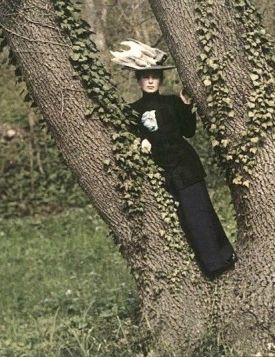I have an old “idea” notebook where I jot down titles, phrases, first lines, character sketches and abbreviated plot maps that creep up on me while I’m sleeping/reading/fighting off brain-sucking aliens. These ideas then earn one of five labels: flash fiction, short story, short novella, novella, or novel. [Only two ideas have so far earned the “novel” label, but that’s another story—er, novel.]
That, to me, is the fundamental difference between novels and short stories—the idea, not the language style or word count. What constitutes good prose in a short story constitutes good prose in a novel (though I believe, to a certain extent, that digressions/tangents can add to the quality of the latter, though they almost always detract from the former), and cramming extra words into a short story will not make it a novel.
That would be a lot of extra words, anyway.
What do I mean by the “idea” of the story? Brighter and better writers than I have elucidated on this topic, but here’s my take:
Flash Fiction: a flash fiction idea has a single action (if even that) and a minimal number of characters. If I have a single scene or an exchange of dialogue that plays over and over in my head, with its own conflict, conclusion and enough exposition that no prior scenes are needed, I know without thinking that I have a flash fiction idea. Time constraints may also decide whether an idea is a short story or flash fiction; for example, I am in the process of drafting a story about Titanic survivors aboard the RMS Carpathia. Since it took the Carpathia only three days to reach New York from the sight of the disaster, I found that I could best tell the story I wanted to tell through a series of very short scenes.
Short Story: the first fiction I wrote successfully was a short story. In matters of word count, I roughly define a short story as anything between 2,000 and 6,000 words; but more than that, I see short stories as centering on one single moment—the climax.
To an extent, the longer forms are also building toward a climax, but that is not their only goal. Long short stories, novellas and novels can (read, should) use scenes for character development, world-building, etc. etc. While these things are also necessary in a short story, short story ideas don’t leave room for scenes especially dedicated to them. Every scene in a short story either carries it to or resolves it after the climax.
Incidentally, the entries in my idea notebook labeled “short story” typically consist only of a climax. A few recent examples: “shape-changer finally decides on true identity,” “in a society where honesty is valued more than life, a contract from his past forces a man to choose between killing his wife and breaking his word,” and “assassin searching for target on a sinking ship suddenly realizes target is not present.” Back story, world-building and character notes all get jotted in as I think about what must have happened to lead up to this climax.
In keeping with this idea of everything focusing on a central moment, I find that my short stories typically contain more consistent motifs than my other works. That’s not to say my novels don’t have any—on the contrary, my current work in progress has so many it’s truly ridiculous—only that they are more spread out and cover many different aspects of the story.
Short Novella: in word count, this is similar to a short story, though the upper limit hovers somewhere around 10,000. Simply said, short novella ideas focus on something other than a climactic moment. I start with a character (more often than not), a setting, a brief event (not the sort of life-altering decision moment as forms a short story climax, but something odd—like receiving roses from a stranger on the street), or a long-ranging natural or social phenomenon (such as a hurricane, or a pandemic, or the 1849 Gold Rush. Yes, that is the only context where I think those all go together.)—typically, I combine two or three short novella ideas until I have enough to work with. Short novellas don’t feel as “tight” as short stories. Some scenes don’t move the plot towards the climax, but exist solely to reveal character, relationships etc. Still—unlike a novella—a short novella will have one central plot and only one or two sub-plots.
Another key word, for both short novellas and novellas, is theme. Not the preachy Aesop-moral style themes you had to write about in school, but some particular concept the characters and events are focused on. If short stories answer the question “What if X happened?”, novellas and their little sibling answer the questions “Who is X?”, “What is X?”, “Why is X important?”
Novella: these are long. They have to be. They have more characters, more sub-plots, more themes, and probably cover a longer period of time than a short story or short novella. They certainly tackle more than one plot, and may tackle more than one theme. Novella ideas can ask “What if X happened?”, but X is a longer-ranging event. “What if a woman exchanged souls with her house?” is a novella idea, and one I used for a surprisingly decent piece of juvenilia.
While I enjoy writing novellas, they are difficult to find markets for, and I frequently find myself trimming the edges of a novella idea to make it into a short novella.
Novel: lots of characters. Lots of plots. Lots of themes (though probably one central one). Novel ideas don’t hit me very often, for which I am grateful. I like the variety of perspectives that come with writing short fiction too much to be truly comfortable in a novel.
That said, I am—like everyone and her goldfish—working on one. It’s currently divided down the middle into two very different books, and it’s trying to decide which one it wants to be. While it’s working out its problems, I’ll be working my way through the idea notebook, turning those ideas into stories and setting them loose on the world.
The world doesn’t really need the French Revolution set in a secondary world fantasy, anyway.
Friday, January 09, 2009



0 comments:
Post a Comment